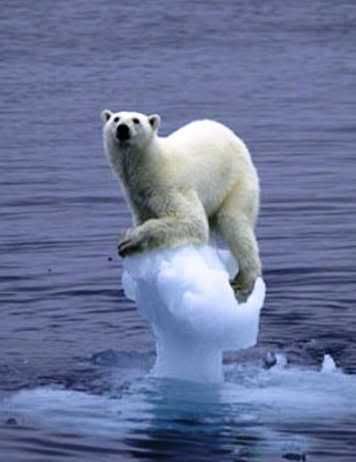We live on a wonderfully complex planet.
Global Plankton Blooms
http://www.youtube.com/watch?v…
The World contains the systems and feedback cycles to bring things back into balance — given enough time. (like millenniums)
The great plankton blooms of the Oceans is one such cycle, that can potentially capture more carbon than all the forests of the world; while at the same time providing the basis of the food chain, in the world’s greatest food basket. Plankton, not eaten, are destined to become sediment rock, at the bottom of the sea (taking all that harmful CO2 with them).
Problem is, plankton blooms, have been fading, by as much as 30% due to rising Ocean temperatures. IPCC estimates that “80% of the heat that is being trapped by greenhouse gases is absorbed by the ocean.”
Humans have the know-how to “kick start” those Plankton Blooms back to their previous splendor —
Question is: Do we dare to use the Earth as a giant Test Tube?

 For years as the planet warms the arctic icecap has been melting and retreating.
For years as the planet warms the arctic icecap has been melting and retreating.